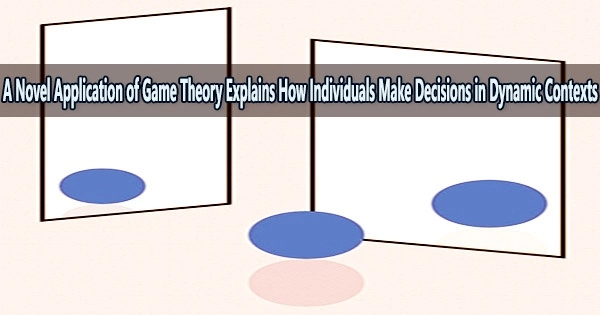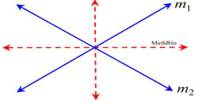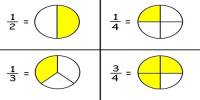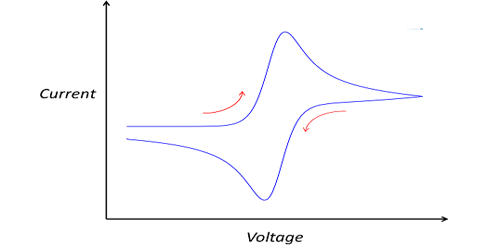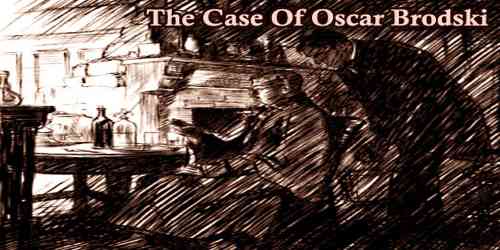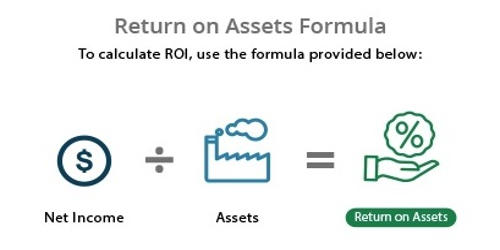Understanding the circumstances that lead to collaboration is vital for dealing with existential problems that affect all of mankind, such as the effects of inequality or climate change. According to a new game theory model created at the Institute of Science and Technology Austria (ISTA) and based on 192 stochastic games and some beautiful algebra, cooperative outcomes can occur in both circumstances where knowledge is available and when it is not.
The journal Nature Communications has published a new open-access paper on the role information plays in reaching a cooperative outcome. Working at ISTA with the Chatterjee group, research scholar Maria Kleshnina developed a framework of stochastic games, a tool to describe how people make decisions in changing environments. The new model finds that availability of information is intricately linked to cooperative outcomes.
“In this paper, we present a new model of games where a group’s environment changes, based on actions of group members who do not necessarily have all relevant information about their environment. We find that there are rich interactions between the availability of information and cooperative behavior.”
“Counter-intuitively there are instances where there is a benefit of ignorance, and we characterize when information helps in cooperation,” says Professor Krishnendu Chatterjee who leads the “Computer-Aided Verification, Game Theory” group at the Institute of Science and Technology Austria, where this work was done.
Ignorance can be beneficial for cooperation too
In 2016, Štěpán Šimsa, one of the authors of the new paper was working with the Chatterjee group, when he ran some preliminary simulations to find that ignorance about the state of the game may benefit cooperation. This is counter-intuitive since the availability of information is generally thought to be universally beneficial.
The beauty of this approach is that one can combine some elegant linear algebra with extensive computer simulations.
Maria Kleshnina
Christian Hilbe, then a postdoc with the Chatterjee group, along with Kleshnina, thought this to be a worthy research direction. The group then took on the task of investigating how information or the lack thereof affects the evolution of cooperation.
“We quantified in which games it is useful to have precise information about the environmental state. And we find that in most cases, around 80 to 90% it is indeed really good if players are aware of the environment’s state and which game they are playing right now. Yet, we also find some very interesting exceptional cases, where it’s actually optimal for cooperation if everyone is ignorant about the game they are playing,” says co-author Christian Hilbe, who now leads the research group Dynamics of Social Behavior at the Max Planck Institute for Evolutionary Biology in Germany.
The framework developed by the researchers is an idealistic representation of collaboration in dynamic situations. As a result, the findings cannot be immediately applied to solving real-world problems like climate change. They claim that a more comprehensive model would be needed for this. Although Kleshnina can provide a qualitative orientation based on the model of fundamental science she has constructed.
“In a changing system, a benefit of ignorance is more likely to occur in systems that naturally punish non-cooperation. This could happen, for example, if the group’s environment quickly deteriorates if players no longer cooperate mutually. In such a system, individuals have strong incentives to cooperate today, if they want to avoid playing an unprofitable game tomorrow,” she says.
To illustrate the benefit of ignorance, Kleshnina says, “For example, we found that in informed populations, individuals can use their knowledge to employ more nuanced strategies. These nuanced strategies, however, can be less effective in sustaining cooperation. In such a case, there is indeed a small benefit of ignorance towards cooperation.”
A brilliant method
In its simplest form, game theory is the study of mathematical models constructed within the context of games or the exchange of logical judgments between rational participants. Interdisciplinary researchers have welcomed its applicability in comprehending social and biological evolution given its paradigm-shifting methodology.
Many models for studying cooperation in the framework of evolutionary game theory use the assumption that the same game is repeatedly played and that players are always fully aware of the game they are playing and its current state. The new study weakens these general assumptions, first by allowing the simulated players to play different games over time. And second, by accounting for the impact of information.
“The beauty of this approach is that one can combine some elegant linear algebra with extensive computer simulations,” says Kleshnina.
The new framework opens up many new research directions. For instance, what is the role of asymmetric information? One player might know the exact game being played, but another may not. This is not something that the model currently covers.
“In that sense, our paper has quite a few future applications within theory itself,” Hilbe adds.
